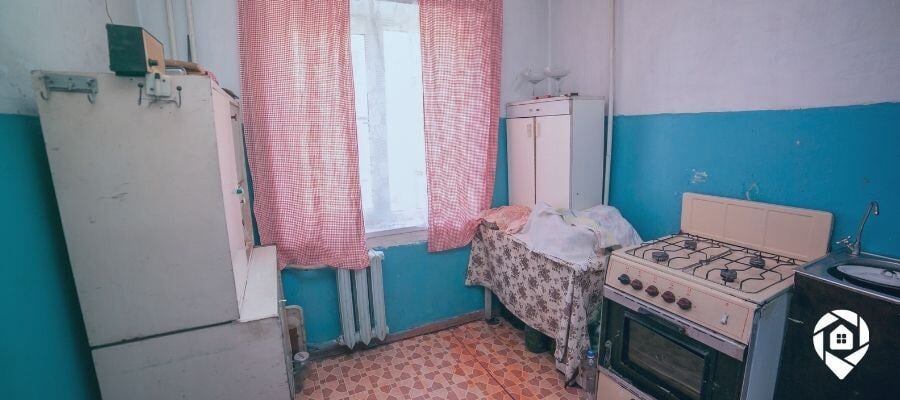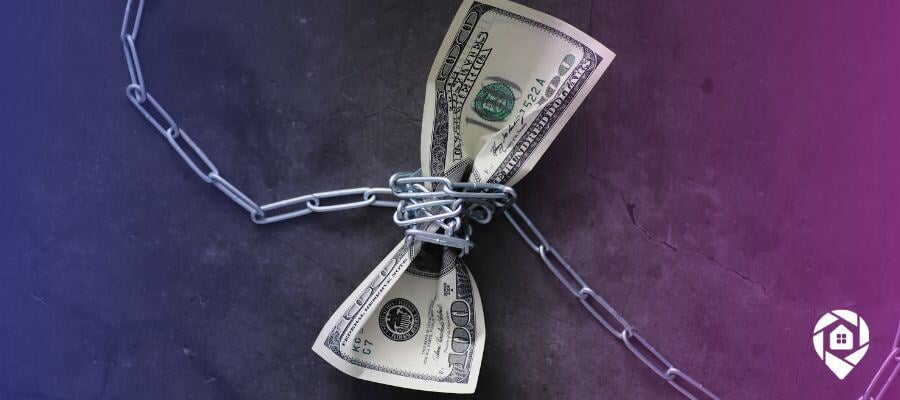
Beyond the Glamor - The Risks of House Flipping

Investors around the world are constantly drawn to the house flipping phenomenon, spurred on by grandiose claims of high-profit returns and transformations worthy of television. But like any real estate venture, it isn't all sunshine and roses.
House flipping comes with notable risks that any potential investor should be aware of, especially if they are considering a quick flip. Knowing these risks can help you avoid them. Let's break it down.
Understanding the House Flipping Phenomenon
Flipping houses essentially involves purchasing a property, renovating it, and selling it at a profit. It's an investment strategy that has seen remarkable popularity over the years, reinforced by television shows and success stories plastered across social media. But behind the glittering before-and-after pictures, there lurks a world of intricate details, precision, and risks.
The Bright Side of House Flipping
The allure of house flipping hinges largely on two attractive outcomes: profit and experience. It’s no secret that successful house flips can generate significant profit margins. Additionally, every house flip—successful or not—provides invaluable, practical experience about real estate investing and the intricacies of the housing market.
Uncovering the Risks of Flipping
As enticing as high returns and practical experience can be, one must also navigate the choppy waters of potential risks in flipping houses. Let's delve a little deeper into what these risks could be and how you can mitigate them.
The Financial Risk: Understanding the Costs
Foremost among the risks is, of course, the financial factor. Underestimating the renovation costs, unexpected expenses catching up, or holding onto a property for too long can swiftly turn a hopeful flip into a draining money pit. Thorough planning and budgeting are key to preventing such financial mishaps. This can be aided by understanding how to effectively analyze a real estate deal.
You'll need to take a close look at the property and conditions of major appliances. Many investors assess what condition the property is in and then have an average price per square foot they think it will cost. Then they determine if any of the major appliances, such as the water heater, furnace, and air conditioning, require replacement. This can help you make an accurate assessment of what it will cost to rehab the property.
After that, you'll need to factor in things like holding costs, closing costs, any realtor fees, and the purchase price of the property. If the estimated after repair value doesn't yield you a positive number in that calculation with extra wiggle room in case things go sideways, then the property might not be the one to purchase.
Market Risk: The Unpredictability Factor
Real estate is a game heavily dependent on market fluctuation. The property that seemed like a goldmine when you bought it can turn into a dud if the market cools down or the property doesn’t sell as fast as you'd hoped.
One way to mitigate that risk is to look at comps, comparable properties, in the area. What are they selling for? What kind of finishes do the houses have in the interior? Use this to help make decisions in your flip. Understanding local market trends and keeping contingencies in place for potential downturns is an absolute necessity for any house flipper.
Time Risk: When Flipping Takes Longer Than Expected
When flipping a house, time is money. A project that stretches over the anticipated timeline can imply a steady accumulation of overhead costs like mortgage payments or property taxes. It's important to manage and mitigate delays through careful scheduling and keeping a buffer in the project timeline.
Contractors Risk: The Double-edged Sword of Outsourcing
While contractors can accelerate your renovation speed, they also invite potential risks. Problems such as unfinished work, poor budget management, or simply not adhering to the timeline can sabotage your plans. Building a reliable team and keeping open communication lines can help address these issues faster.
Legal Risk: The Potential Booby Traps
Last but not least, there are legal risks associated with flipping a house, from zoning restrictions to unanticipated property violations. A thorough property inspection and enlisting the aid of a knowledgeable real estate agent can shield you from potential legal issues down the line.
In conclusion, while flipping houses holds considerable potential for profit and learning, it also brings unique challenges. It's crucial for potential investors to both understand these risks and have strategies in place to manage them effectively. Remember, the path to success in real estate investing is paved with diligence, education, and strategic planning.

About Samantha Ankney
Samantha is the Social Media Manager at DealMachine, where she oversees all social media strategies and content creation. With 3 years of experience at the company, she originally joined as a Media Specialist, leveraging her skills to enhance DealMachine's digital presence. Passionate about connecting with the community and driving engagement, Samantha is dedicated to sharing valuable insights and updates across all platforms.



